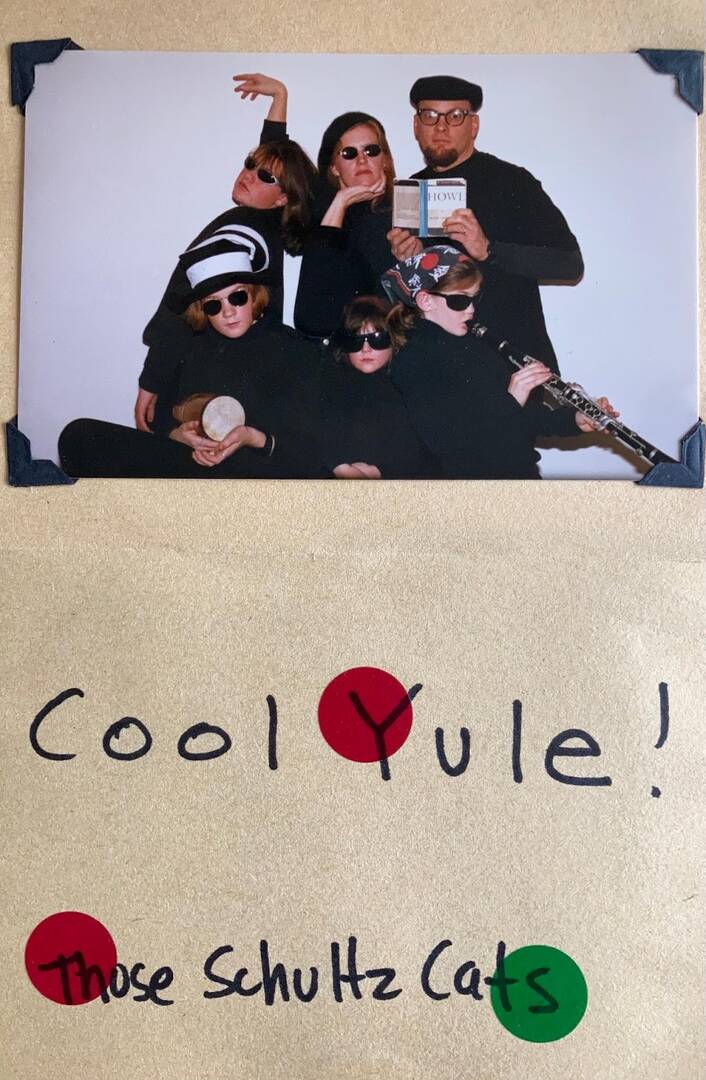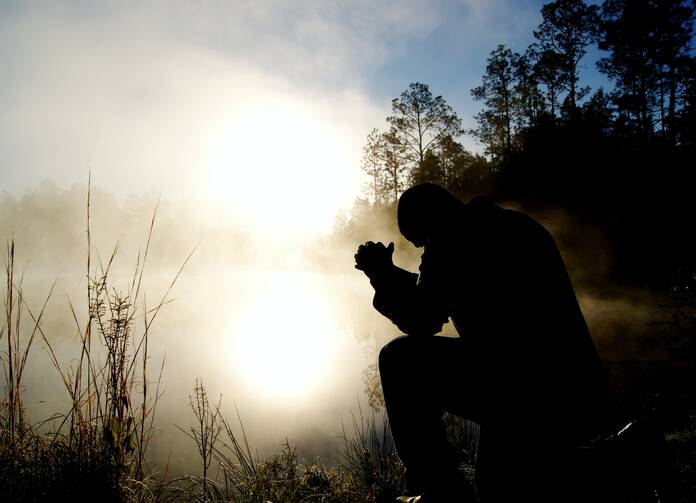A Reflection for Thursday of the Third Week of Advent
“Then what did you go out to see?” (Lk 7:24-30)
Three times Jesus asks the crowds who had gone out to the desert to get a look at the spectacle that was John the Baptist, “What did you go out to see?” He wants to know: Did they expect a swaying reed or an out-of-place, expensively dressed lord or an actual prophet? What did they hope to see? What did they expect?
Jesus, of course, knows by now that not only is John not the kind of prophet the people expect but that Jesus himself is not the kind of savior they expect. Beginning with his conception in the womb of an unmarried girl and his birth in less-than-royal conditions, a carpenter’s son from Nazareth is not the divine king they had come to expect. This Jesus seems to hang out with sinners and turn religious norms on their heads. He reinterprets rules and breaks protocol. He even says on many occasions that the least among them—the poor, the meek, the damaged, the brokenhearted, the sinful—are greater than John or the prophets or the folks in charge. He disturbs them. He agitates them. He even wants them to love the unlovable.
We often look for God’s grace among the upright and the wise, the famous preachers and the respected commentators. But we end up finding God in the most unlikely places.
Preposterous. He is not at all what they expected.
Today, Jesus is asking us: What did you expect? What do we expect as we make our unsteady faith journey these days? We often look for God’s grace among the upright and the wise, the famous preachers and the respected commentators. But we end up finding God in the most unlikely places, behind prison walls or camped out with refugee families or even in our own backyard. We stumble across God where we least expect it, when we least expect it. We need only look at our own lives to see that this is true and that the story of Jesus is the story of the God of Surprises. What we may think we are coming out to see is not what we ultimately need to see. The messengers God sends us are commonly not the ones we thought we needed to heed.
The Gospel reading ends with the parenthetical observation that while many of those baptized by John “acknowledged the righteousness of God,” some of the more educated—and nominally holier—men among the crowd “rejected the plan of God for themselves.” It occurs to me that we ourselves are capable of similar hubris. Perhaps we need a moment to check our own rejection of God’s plan. Perhaps a random Thursday in Advent is the exact time to pray on that.
Get to know Valerie Schultz, contributing writer
1. Favorite Christmas Song/Hymn
“Happy Christmas (War is Over)”
2. Favorite Christmas Tradition
Our most enduring (and time-consuming) tradition is our homemade Christmas cards. As newlyweds in 1980, my husband and I used a funny (we thought) photo of ourselves as an old married couple for our first Christmas card. We have sent homemade cards every year since. They can be autobiographical or political or inspirational or just silly. Our whole and growing family participates in the initial photo idea, the caption, the execution and the distribution. Sometimes it is the only contact we have with recipients all year, but our mailing list has grown from 20 to 200.
3. Favorite Christmas Recipe
Just about the only baking I do all year is the usual bunch of Christmas cookies, so you can imagine how not great I am at it.
4. Favorite Article You Wrote This Year
Older Catholics: We need to talk about our sex lives (because we do)
5. Favorite Christmas Photo
The below photo is our 1996 card, showing clockwise from far lower left: Zo, Morgan, Valerie, Randy, Raven and Mariah.









